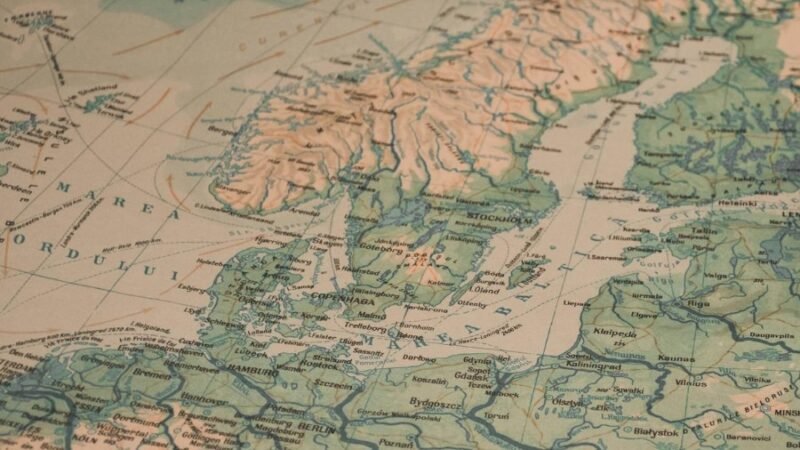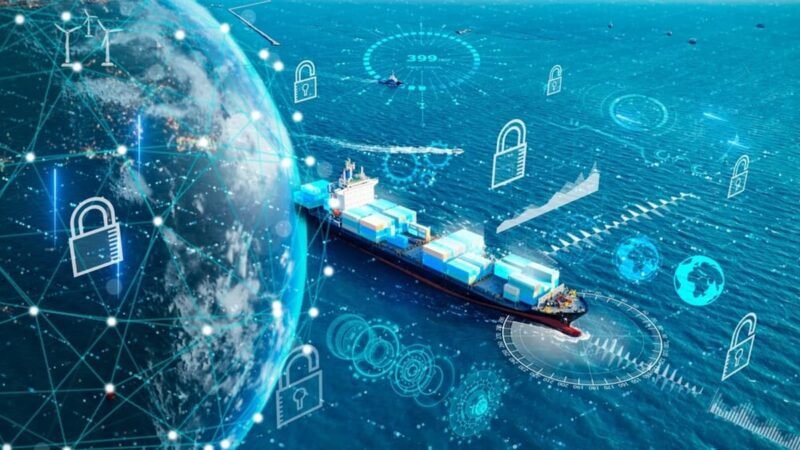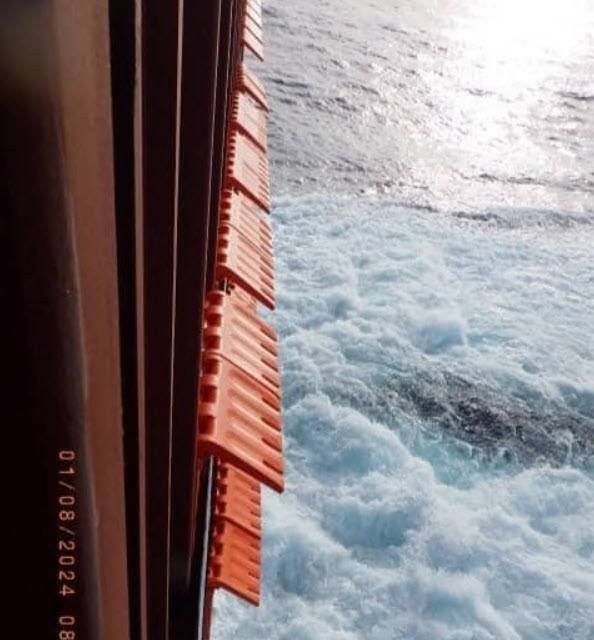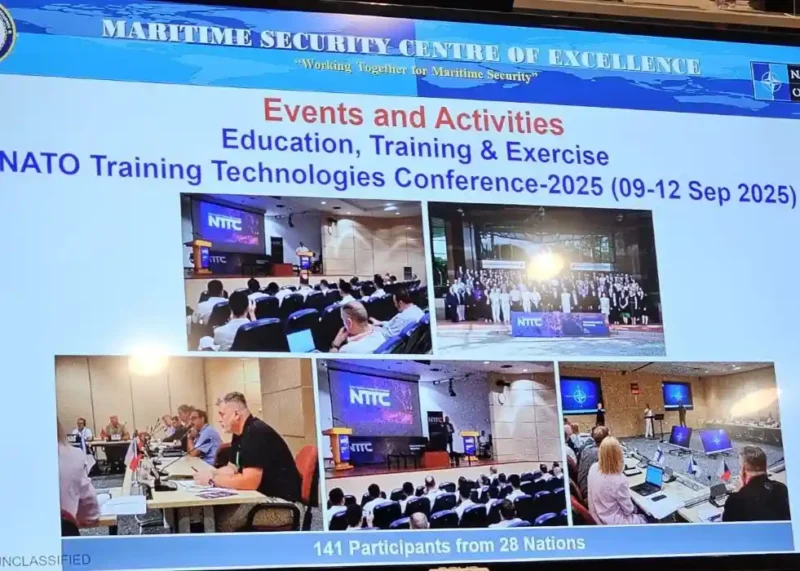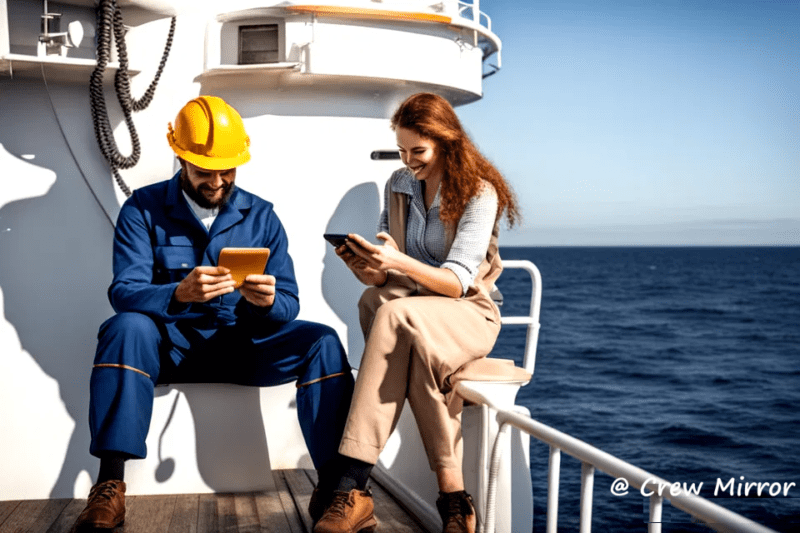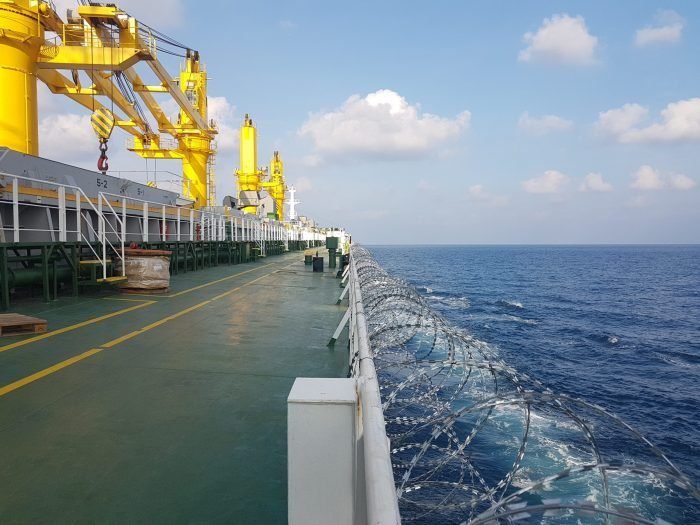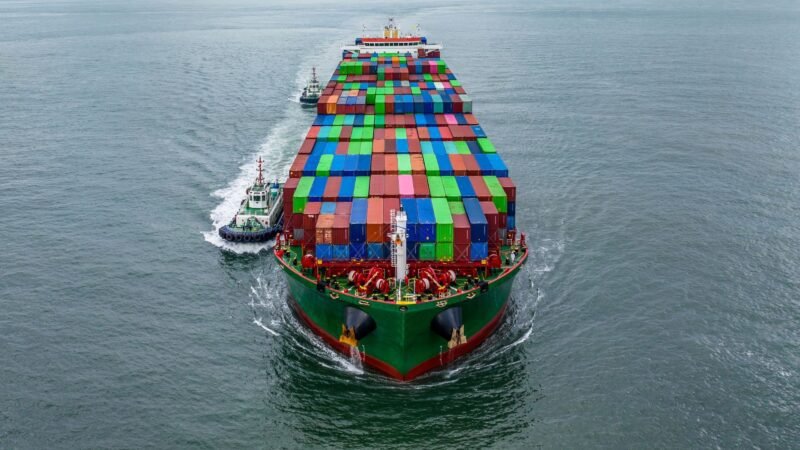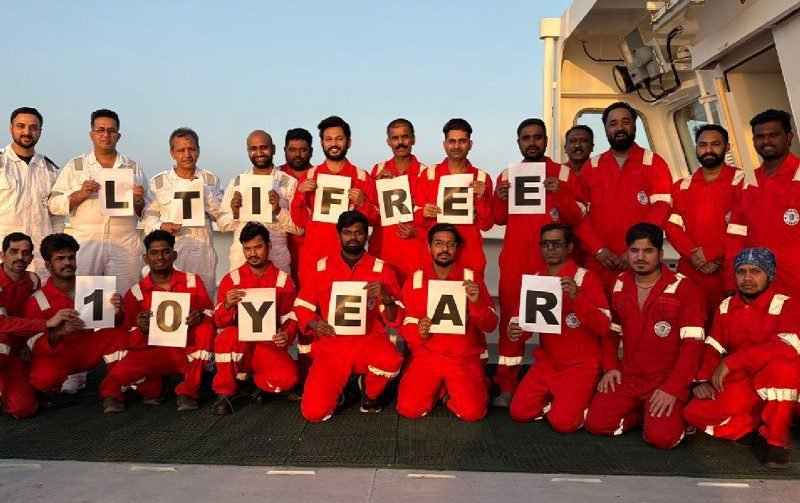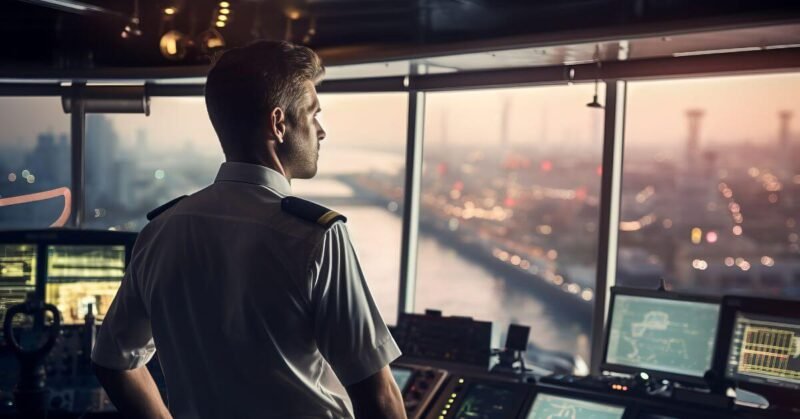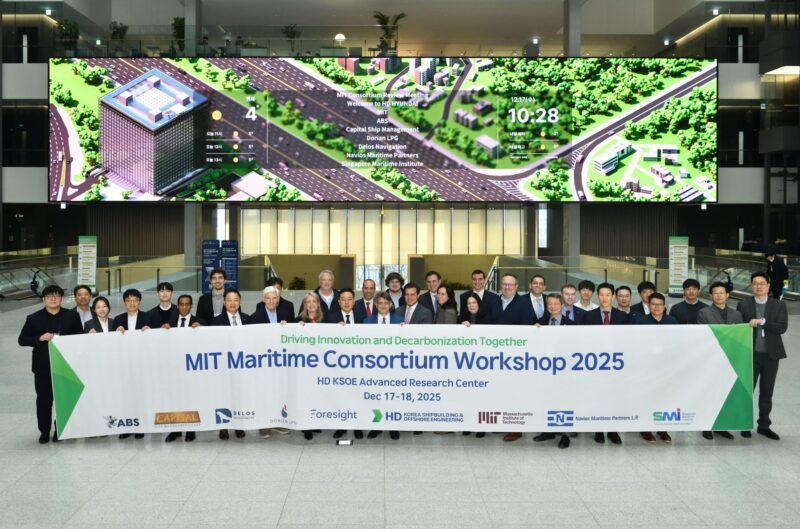The week spanning from 28 Oct to 3 Nov 2024 marked pivotal advancements in India’s maritime sector, showcasing groundbreaking technologies and innovative practices. From the launch of autonomous vessels under the Sagarmala Project to the modernization of port operations with AI, these developments reflect a significant shift towards enhanced efficiency, safety, and environmental responsibility in maritime activities. This editorial encapsulates the key highlights and emerging trends shaping global maritime industry.
Indian Maritime Sector
India Launches Autonomous Vessel Under Sagarmala Project
India demonstrated its autonomous maritime capabilities through Sagarmala Parikrama, with the vessel Matangi unveiling cutting-edge technology for autonomous sailing.
Read More
Vizhinjam International Port Modernizes Operations with Advanced AI and Sensor Technologies
The Vizhinjam International Port is revolutionizing operations with AI and radar technologies to enhance ship traffic management and safety.
Read More
Seafarers Work and Welfare
ITF Seafarers’ Trust Survey on Shore Leave Extended to Improve Seafarer Welfare
The ITF’s extensive survey on shore leave aims to enhance port welfare services, capturing post-pandemic crew challenges. Results are due in January 2025.
Read More
Latest Seafarer Happiness Index Shows Improved Satisfaction Amid Ongoing Challenges
Seafarer satisfaction reportedly improves with increased downtime, but challenges persist in limited connectivity, shore leave restrictions, and wage concerns.
Read More
Maritime Innovations
Innovative LNG Carrier Design with Enhanced Ballast Tank Flexibility Approved
ClassNK approved a 30,000 m³ LNG carrier design by GTT that enhances ballast tank flexibility, showcasing potential in efficiency and safety improvements in LNG transport.
Read More
Revolutionary Solid-State Batteries Transforming Maritime Electric Transportation
SOLiTHOR’s lithium metal solid-state battery innovations offer high energy densities, promising breakthroughs in electric maritime transportation.
Read More
Maritime Safety
AI-Driven Satellite System Revolutionizes Maritime Security and Vessel Tracking
Mitsubishi Heavy’s AI satellite system aims to enhance maritime security by tracking ships with potential misuse of the Automatic Identification System.
Read More
Environmental Protection
Yanmar Unveils Hydrogen Engine for Zero-Emissions Coastal Vessels
Yanmar displayed notable progress with a hydrogen engine for coastal boats, aiming at zero-emission breakthroughs backed by biofuel and spark-ignition technologies.
Read More
Eco-Friendly Hydraulic Fluid Introduced for Marine Industry
Chevron’s Clarity Bio EliteSyn AW aims to elevate eco-friendly standards in marine and construction sectors, blending high performance with renewed regulatory compliance.
Read More
Maritime Technologies
Advanced Nuclear Technology being Explored for Zero-Emission LNG Carriers
Exploration into nuclear technology feasibility for LNG carriers could enable zero emissions and faster transit times per ABS’s study with Herbert Engineering.
Read More
Autonomous Navigation Assistance System gets Approval
ClassNK approved Samsung’s Autonomous Navigation System, marking a significant step in situational awareness and collision avoidance through automated technologies.
Read More
Innovative Mobile Emissions Capture Technology Launched for Maritime Industry Growth
STAX Engineering’s new mobile exhaust capture system addresses air quality challenges, spotlighting clean technology for maritime prosperity.
Read More
AI-Powered Solution Launched for Anomaly Detection in Maritime Operations
Windward’s Early Detection system leverages AI to identify operational anomalies, heralding improved maritime data analytics for real-time insights.
Read More
UAE’s Unmanned Vessel Revolutionizes Sustainable Offshore Operations
SAFEEN Green’s introduction highlights ADV Ports Group’s sustainable push, with renewable energy or biofuel-powered unmanned surveys minimizing environmental impacts.
Read More
Maritime Markets
Surge in New Ship Orders Boosts Asia’s Shipbuilding Industry
Asia’s shipyards attract high-value contracts for LNG carriers and container vessels, echoing market highs seen in 2008 amidst strong Western demand.
Read More
Carbon Calculator Launched for Emission Reduction in Container Shipping
MacGregor’s Carbon Calculator tool aids shipping companies in assessing CO2 emission reduction benefits through system upgrades, enhancing both environmental and financial outcomes.
Read More
Maritime Regulations
IMO Updates Fuel Oil Sampling Guidelines for MARPOL Compliance in 2024
IMO has updated guidelines for handling MARPOL delivered samples, requiring a larger sample size and flashpoint data on notes starting in May 2024. These changes aim to improve sampling accuracy.
Read More
Conclusion
As the maritime sector evolves through technological innovations and enhanced welfare initiatives, the focus remains on sustainability and operational efficiency. The advancements discussed this week not only promise improved safety and environmental protection but also aim to elevate the overall seafarer experience. Continued progress in these areas is essential for a resilient maritime future.
Share it now







